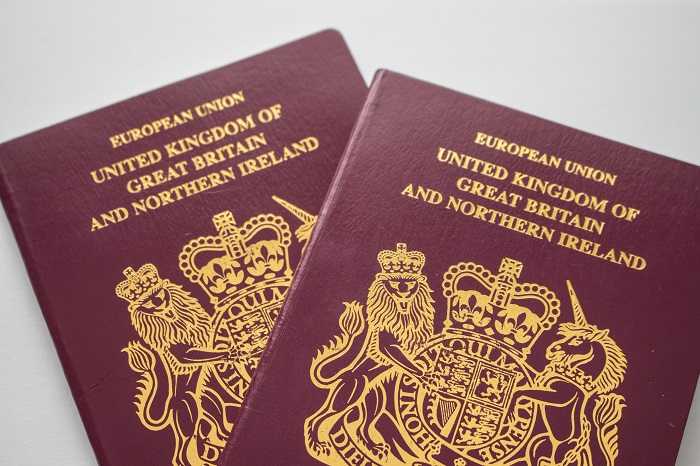In June, Germany followed France and Belgium in reporting a record number of Britons applying for citizenship in the wake of the leave vote.
However, successful applicants remain a minority and the rest could face ‘legal limbo’, the Migration Policy Institute (MPI) has warned.
The situation is complicated because access to citizenship is governed by the individual member states.
Dual citizenship is tightly controlled in the Netherlands and Spain. In the Netherlands, dual citizens are only permitted if the second country is an EU country – so Brits will have to chose. Similarly, the Spanish naturalisation process requires applicants to give up their right to return to the UK.
Being born on French, Italian or Dutch soil also does not automatically confer citizenship rights on children born to non-citizens.
In France, the process is further complicated by the requirements of the process itself. Applications must be translated by a court approved translator before waiting up to a year to be called to interview.
France has lowered the barrier for foreign students, however, who are able to apply for citizenship after two years of study at a French university rather than the standard five.
Vulnerable pensioners
According to MPI’s report ‘Safe or Sorry: Prospects for Britons in the EU after Brexit’: “Many people may face administrative challenges securing or proving their status… inactive residents (including pensioners) in southern European holiday destinations may find themselves vulnerable to changes in residency rules after Brexit.”
The report also warns that even those who have been resident for five years will face bureaucratic obstacles, while those resident for less face an uncertain future.
Other groups of particular concern include those who move between the UK and Europe, part-time workers and freelancers.
Advisers relying on EU regulation for their clients’ rights should also think again, the MPI report notes, because the Long Term Residency Directive and the Citizenship Directive, from which the five-year rule is derived, is not designed for Brexit.
The report notes that while there is no legal consensus over whether UK citizens will be governed by national or EU directives, their fate may “enter a legal limbo” if the UK leaves the EU, which is slated for 29 March 2019.








